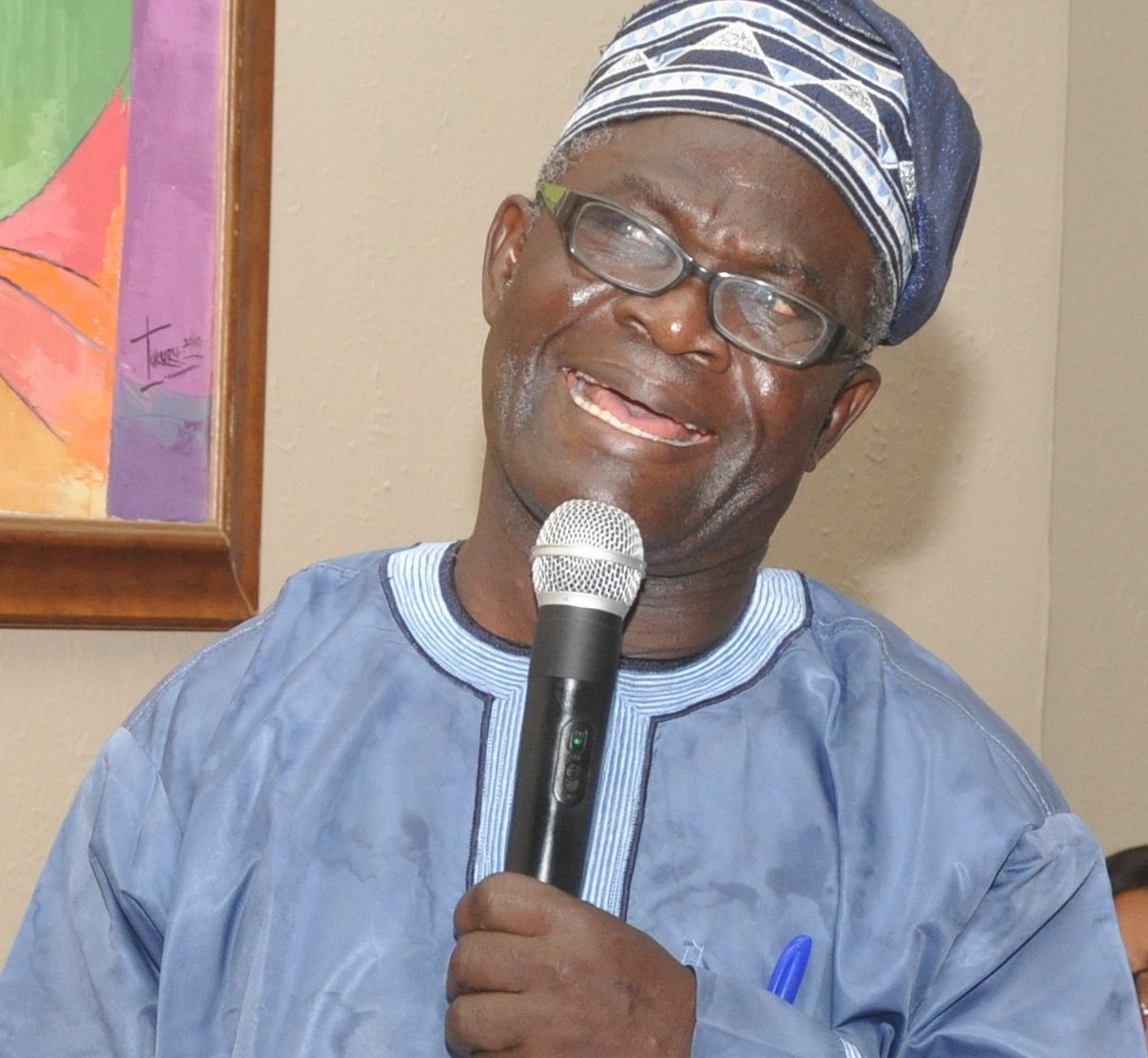
Truckers under the aegis of the Association of Maritime Truck Owners (AMATO) have threatened to withdraw their services from the Lagos ports over continued seizure and detention of trucks by the Nigeria Customs Service (NCS).
AMATO, in an open letter to the Comptroller General of Customs, Hameed Ali, dated 22nd July 2022, a copy of which was made available to newsmen on Wednesday, lamented that the seizure and auction of trucks by the NCS for no fault of theirs is causing untold hardship to its members.
“We have been passing through this injustice in the hands of Nigeria Customs Service, as a direct result of dishonest declaration of actual goods that importers and their collaborating agents are having in their containers.
“Truckers are just mere commercial transporters of goods. We are only invited by agents to come and carry goods to and from the ports after Customs might have examined and approved the release of goods in containers to importers and agents. But unfortunately, after loading the containers on our trucks that are duly examined and released by Customs, they would waylay our trucks on the road, seize and detain our trucks in their yards together with containers with question marks,” AMATO said in a statement signed by its Chairman, Chief Remi Ogungbemi and General Secretary, Sanni Bala.
Describing the seizure of its members’ trucks as unjust, the association maintained that truckers can no longer be used as scapegoats for the offence committed by unscrupulous importers and dubious clearing agents.
The association also queried why Customs do not arrest ships that bring illicit goods to Nigeria for complicity.
“Are commercial truckers involved in physical examination of goods in the ports together with Customs, Police, DSS, NDLEA, to see what they are going to carry?
“Does it sound just for Customs officers and other government agencies that jointly examined and approved the exit of contraband and other dangerous goods in the ports to be holding the trucker responsible for their fault and negligence?
“Is it the commercial trucker that is short paying government import duty on goods or the importers and their agents?
“If the answer to the above questions is no, we are calling on Nigeria Customs Service to release all our trucks detained in their yards with immediate effect or we withdraw our services from all ports nationwide in protest against the unjust seizure of our trucks.
“Our members are facing agonizing economic hardships. Their means of livelihood are being seized by the Nigerian Customs for the offence committed by importers and their dubious collaborating agents. Nigeria Customs should release all our trucks and stop using the truckers as scapegoats.
“Recently, some containers were found to contain Tramadol and some contain arms and ammunition. If the trucker knows that he is to carry a container loaded with explosives that can destroy him and the truck or the contraband drug that would equally put him in trouble, he will not carry it. Thus, where is the justification of justice for seizing our truck?
“We appreciate the previous management of Customs authority, in that they reasoned with complaints and issued a circular that enables us to retrieve our seized trucks through application.
“But the present management of Customs wrote against the Circular. All our efforts/ entreaties to the present management of the Customs to revalidate the circular to enable us to secure the release of our trucks have proved abortive.
“Hence our plan to settle our grievances with the Customs authority through the eloquence of withdrawal of service if our trucks are not released by the Customs.
“Enough is enough. Truckers cannot continue to die in silence and pay for the negligence of government agencies at the ports, and offences of importers and their dubious collaborating agents,” the association said.